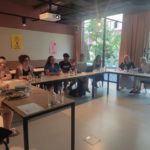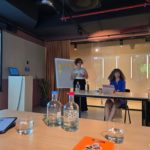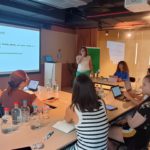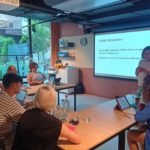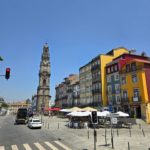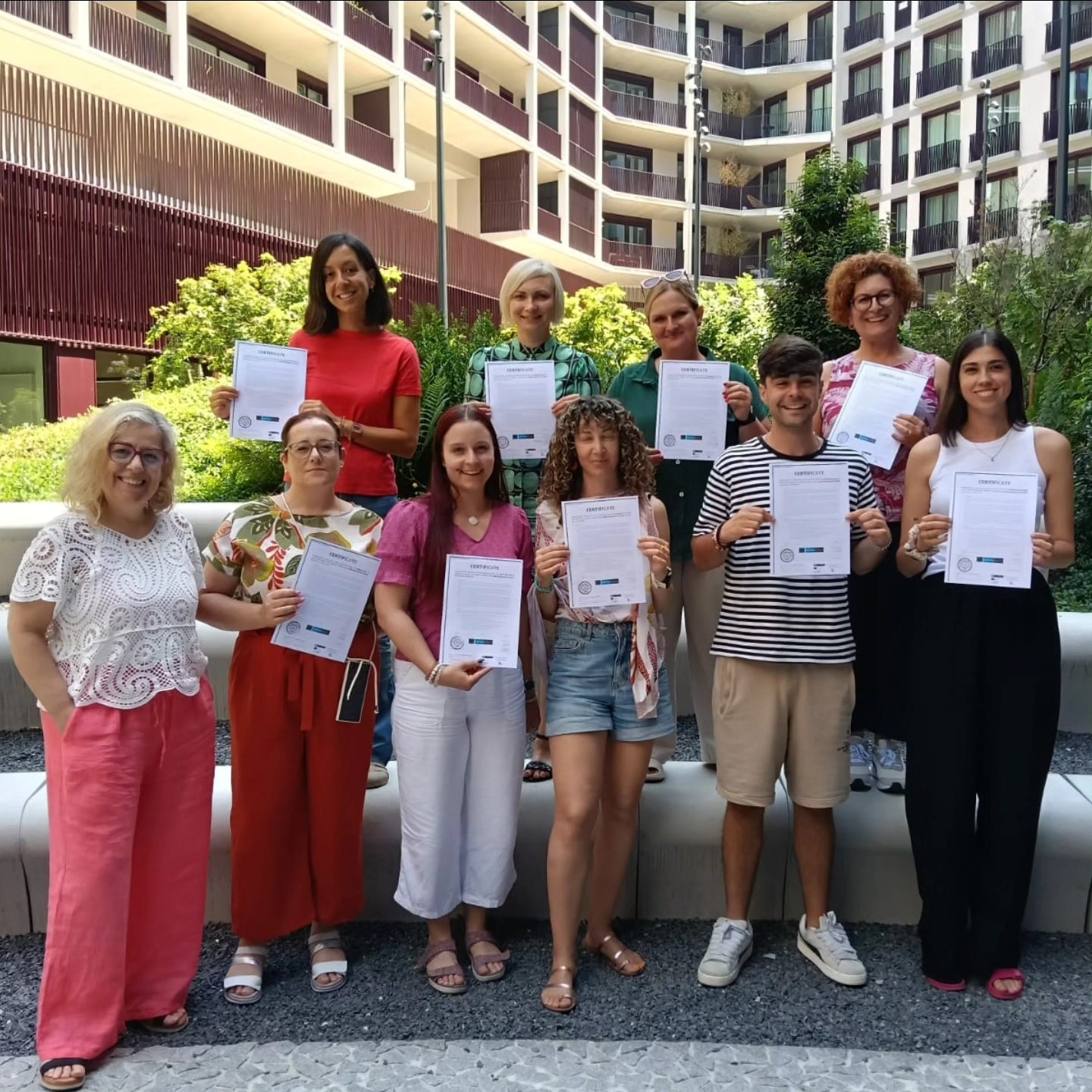
14 Jul Educators Engage in Conflict Management Training in Porto
From 30th June to 4th July 2025, a group of ten passionate educators from Spain, Poland, Hungary, and Malta gathered in the charming city of Porto, Portugal, for a professional development course focused on Conflict Management in Schools. Organised by Learning Together, the training aimed to equip participants with the necessary skills and strategies to address and resolve conflict in educational settings—an increasingly pressing issue in schools across Europe.
The course kicked off with a welcoming dinner on Sunday evening, giving participants the chance to meet, share experiences, and form early bonds. This informal gathering set the tone for a collaborative and enriching week ahead. Throughout the training, which spanned five intensive days, the group was guided by expert tutor Anabela Pereira. With a wealth of experience in conflict resolution and education, Anabela offered valuable insights into how schools can become more peaceful, inclusive, and supportive environments.
The training combined both theory and practical exercises. Participants explored the psychological and sociological roots of conflict, discussed real-life scenarios, and engaged in role-play and group reflection. A recurring concern raised by the participants was the ever-growing burden placed on educators. Increasingly, teachers are expected not only to deliver academic content but also to support the emotional, behavioural, and social development of students. Many noted that this shift—while often rewarding—has led to heightened levels of stress, fatigue, and even burnout among staff. This issue was common across all four countries represented.
Against this backdrop, the course highlighted the need for systemic support and proactive conflict management strategies. A school that invests in its human resources, fosters open communication, and promotes emotional intelligence is more likely to thrive in the face of modern challenges.
Beyond conflict resolution, the training carried a wider vision: to contribute to the holistic growth of schools and their communities. Some of the course’s broader objectives included:
- Enhancing the school’s public image and reputation, helping it to position itself positively within the wider educational community.
- Contributing to the overall productivity and effectiveness of the school’s staff.
- Restoring and maintaining peace and tranquility, creating a safe and supportive environment for both students and staff.
- Encouraging peaceful co-existence among all members of the school community.
- Promoting intercultural understanding and fostering inclusive practices that embrace diversity.
- Improving communication and social skills, especially in English, to enhance interpersonal relationships.
- Sharing best practices that can be adapted and implemented at a local level to support continuous school improvement.
- Fulfilling the school’s social and moral responsibilities, reinforcing its role within the wider society.
One of the most valuable aspects of this international training was the opportunity for educators from different cultural and educational backgrounds to come together, exchange experiences, and learn from one another. The group left Porto not only with practical tools and new knowledge but also with a renewed sense of professional identity and solidarity.



